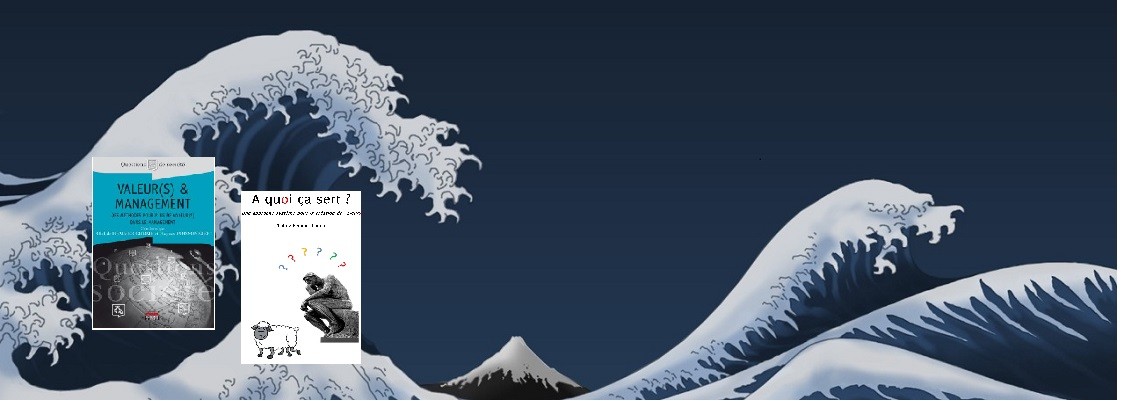 Stanford Social Innovation Review published an article by Peter Senge, Hal Hamilton, & John Kania.
Stanford Social Innovation Review published an article by Peter Senge, Hal Hamilton, & John Kania.
Peter Senge is a reknowned system thinker, senior lecturer at MIT Sloan School of Management and author of « The 5th discipline ». He is also the founding chair of The Society for Organizational Learning (SoL). In France, his work is continued by SOL France, proposing regular seminars to learn and implement « learning organizations ».
« The dawn of system leadership » poses that « the deep changes necessary to accelerate progress against society’s most intractable problems require a unique type of leader—the system leader, a person who catalyzes collective leadership. » These are not special people, but they share core capabilities that can be developed :
- a profound commitment to the health of the whole
- the ability to see the larger system
- an ability to see reality through the eyes of people very different from themselves, enabling groups and individuals to actually “hear” a point of view different from their own
- they do not wait for a fully developed plan to do something, shifting the collective focus from reactive problem solving to co-creating the future
- the strength of their ignorance gives them permission to ask obvious questions
Tools were developed by system thinkers to help these leaders :
- for seeing the larger system : systems map …
- for fostering reflection and generative conversation : circles, dialogues, peer shadowing …
- for shifting from reacting to co-creating the future, by asking two questions : What do we really want to create? and What exists today?
Our regular readers of V&M will have recognized many features common to Value methods ?!
Go to the SSIR article to read the full tory, with examples from Nelson Mandela, Darcy Winslow from Nike, the Sustainable Food Lab with Oxfam, Unilever, and Kellogg, the New York state …
Just let me repeat this quote concluding the Senge article, from the Chinese philosopher Lao Tzu, who eloquently expressed the idea of individuals who catalyze collective leadership:
The wicked leader is he whom the people despise.
The good leader is he whom the people revere.
The great leader is he of whom the people say, “We did it ourselves.”
Similaire
Articles liés :
- « Talk lean – shorter meetings, quicker results, better relations » Alan H. Palmer + Interactifs(r)
- Laurent Ledoux « 3 niveaux de business models responsables »
- « Le Leadership de l’amour » par Emmanuel Toniutti
- lancement officiel du ebook « à quoi ça sert ? » à l’Université de la Valeur le 31 août à Genève
